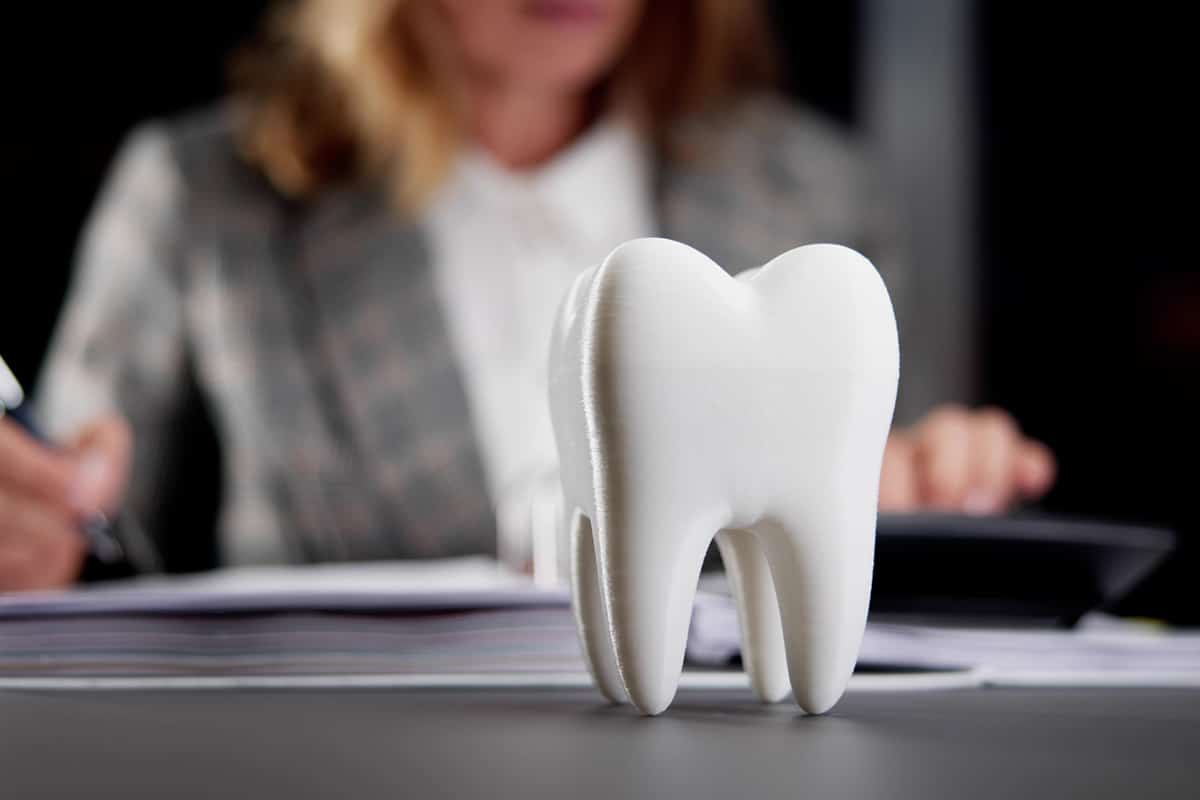
We all know the saying, “An ounce of prevention is worth a pound of cure.” When it comes to dental health, this couldn’t be more true. By taking care of our teeth and gums through preventive measures, we not only maintain healthy smiles but also keep our wallets happy in the long run. Today, we’re breaking down how preventive dental care pays off financially, while supporting your overall well-being.
The Cost of Neglecting Dental Health
When we skip regular dental check-ups or delay treating minor issues, those neglected problems can snowball into costly procedures. Let's consider a simple example—plaque buildup. If routine cleanings are avoided, that plaque could harden into tartar, leading to gum disease. Gum disease, when untreated, often requires deep cleanings, gum surgery, or even tooth replacement—each of which can be quite expensive.
A small cavity works similarly. Addressing it early typically involves a simple (and cheaper) filling. However, if left untreated, the decay can progress to the tooth's inner layers, potentially requiring a root canal or even an extraction. Fixing a larger, more urgent issue inevitably costs more—not to mention the toll dental pain can take on your daily quality of life.
Preventive dentistry targets issues before they escalate. By stopping problems in their tracks, we save ourselves from more invasive and financially burdensome treatments down the line.
The Financial Benefits of Routine Dental Visits
Think of regular cleanings and check-ups as small investments with substantial returns. When we visit the dentist for preventive care, like cleanings, fluoride treatments, or sealants, we’re actively protecting our smiles. These routine visits cost far less than emergency procedures or complicated dental repairs.
Insurance often supports these efforts, too. Most dental insurance plans fully cover preventive services like cleanings, exams, and X-rays. By maximizing these benefits, we not only protect our oral health but also make smart use of our insurance coverage.
Beyond direct savings, routine care minimizes time away from work or loved ones dealing with emergencies. Prevention keeps life on track, reducing the risk of unexpected dental disruptions to our schedules—and our budgets.
Oral Health and Its Connection to Overall Wellness
Preventive dentistry extends benefits well beyond the mouth. Research shows a strong link between oral health and whole-body wellness. For instance, gum disease has been connected to heart disease, diabetes complications, and even pregnancy issues. If left unchecked, these oral health issues can amplify health care costs associated with systemic conditions.
By taking preventive measures, like managing gum health or treating dental infections early, we may avoid exacerbating serious health concerns. When oral health supports overall health, we can reduce medical bills stemming from related complications. It’s preventive care at its finest—saving not just money, but lives, too.
How Preventive Dentistry Protects Your Long-Term Budget
Preventive dental care is about building a foundation for lifelong savings. Small, consistent steps now ensure we’re protecting not just our teeth but also our long-term budget. Services like routine cleanings, sealants for children, and even customized night guards for grinding are all proactive investments.
And it’s not just about procedures—it’s about habits, too. Regular check-ups help establish healthy home care routines. Dentists can offer personalized guidance to improve daily brushing and flossing. These habits significantly reduce risks of tooth decay, periodontal disease, and other costly dental issues over time.
At its core, preventive dentistry provides us with a road map for maintaining oral health. It emphasizes that ongoing care is generally more budget-friendly—and far more comfortable—than reactive treatments.
Looking ahead, think of the cumulative savings. Skipping a filling today might equal the cost of multiple dental implants years down the line. And while finances are often the most immediate motivator, the peace of mind that comes with great oral health is priceless.
Frequently Asked Questions About Preventive Dentistry
How often should we visit the dentist for preventive care?
It’s recommended to see your dentist at least every six months. However, depending on factors like age, dental history, or existing conditions, your dentist may recommend more frequent visits.
Is preventive dental care covered by insurance?
Most dental insurance plans cover preventive care services, like cleanings, exams, and X-rays, either partially or completely. It’s a smart idea to check your individual plan for specific coverage details.
Take the First Step Toward Better Oral Health
Preventive dentistry isn't just about teeth—it's about empowering all of us to take charge of our oral health in a way that enriches our lives and protects our wallets over time. By focusing on proactive care, we’re laying the groundwork for a confident, healthy future.
At Alan N. Parnes DDS, we’re dedicated to providing exceptional dental care with a focus on your comfort and trust. From preventive treatments to more advanced procedures, our team prioritizes personalized care tailored to your needs. To schedule an appointment or learn more about our services, please don’t hesitate to contact us.
